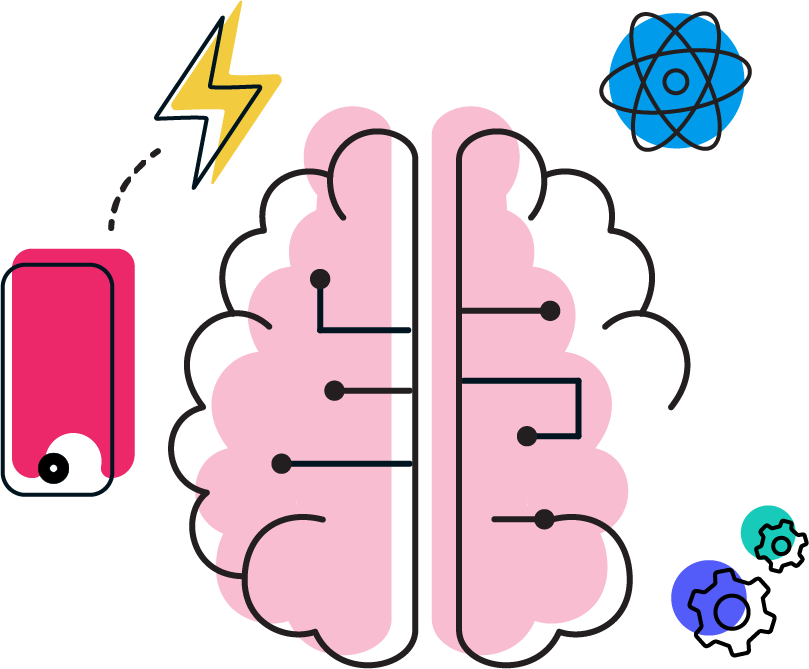


Nothing has dominated headlines more for the adtech and martech industry this year than the demise of third-party cookies.
With Google Chrome’s announcement in January that it would phase out third-party cookies and Apple later announcing it would abandon its Identifier for Advertisers (IDFA), the industry has been scrambling to find more sustainable cross-channel solutions. As a result of this and increases in data privacy laws, brands will be contending with a new era of data.
LOOKING FORWARD INTO 2021
“2021 must be the year that marketers and industry partners commit to evolving beyond the static cookie framework. This legacy single-ID structure that our industry has become reliant on needs to go. With Chrome’s announcement of impending 2022 changes, accelerating spend on non-cookie-based environments such as CTV, and increasingly sophisticated adtech stacks, it will be sink or swim in 2021.
Marketers will be looking for an identity framework that works across many environments; that will give them the choice to activate first- or third-party IDs; and that enables them to move away from walled garden solutions to attain transparency, trust and data portability. Fundamental functionality of our industry aside, post-2020 will see increased scrutiny on marketing budgets and performance of marketing teams. Without cookies and a unified ID, how are marketers going to continue achieving their key objective: accurately representing the value and return of digital marketing spend.”
— GEORGIA BRAMMER
Regional Director, APAC, Flashtalking
Read the full article and predictions on Ad News







